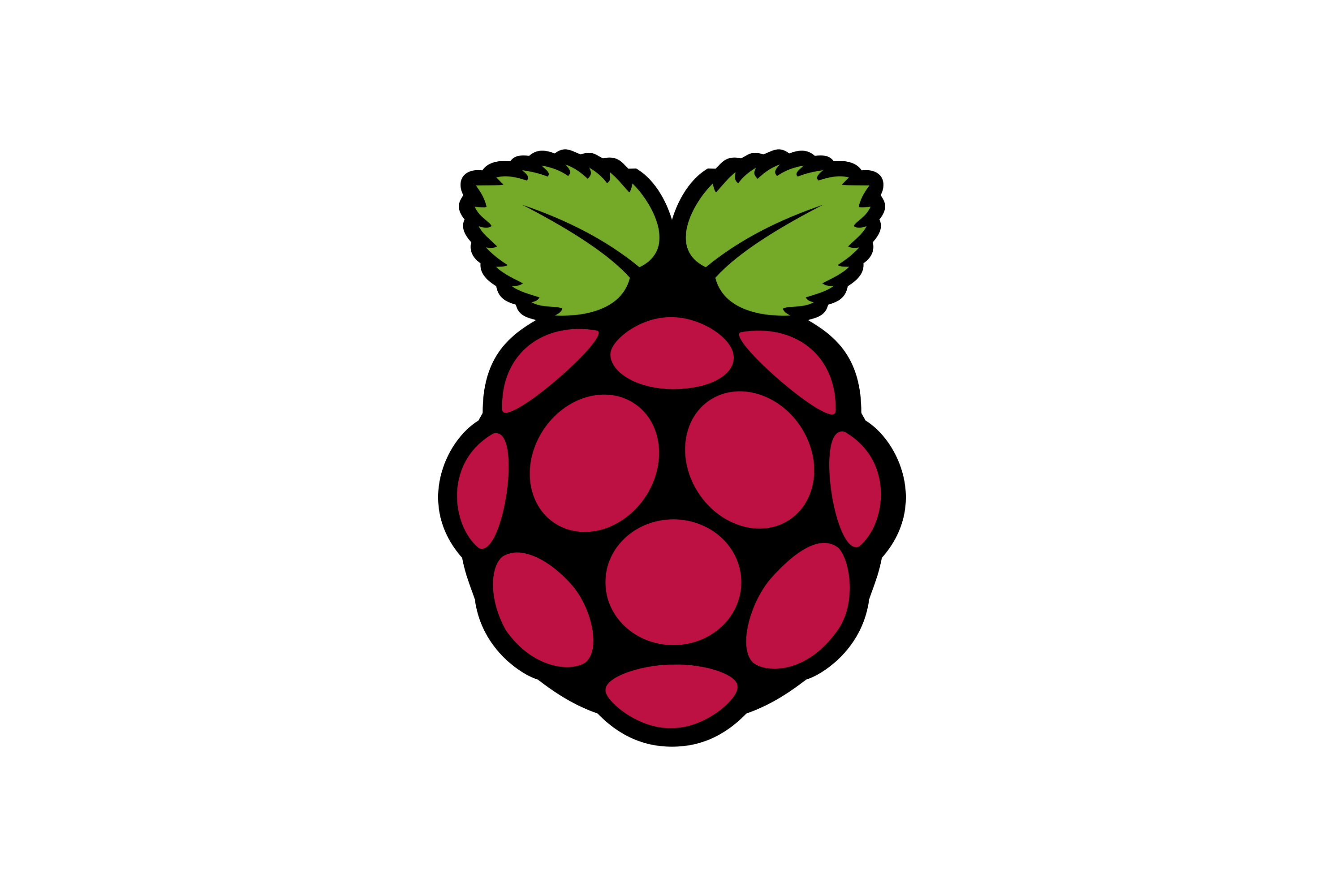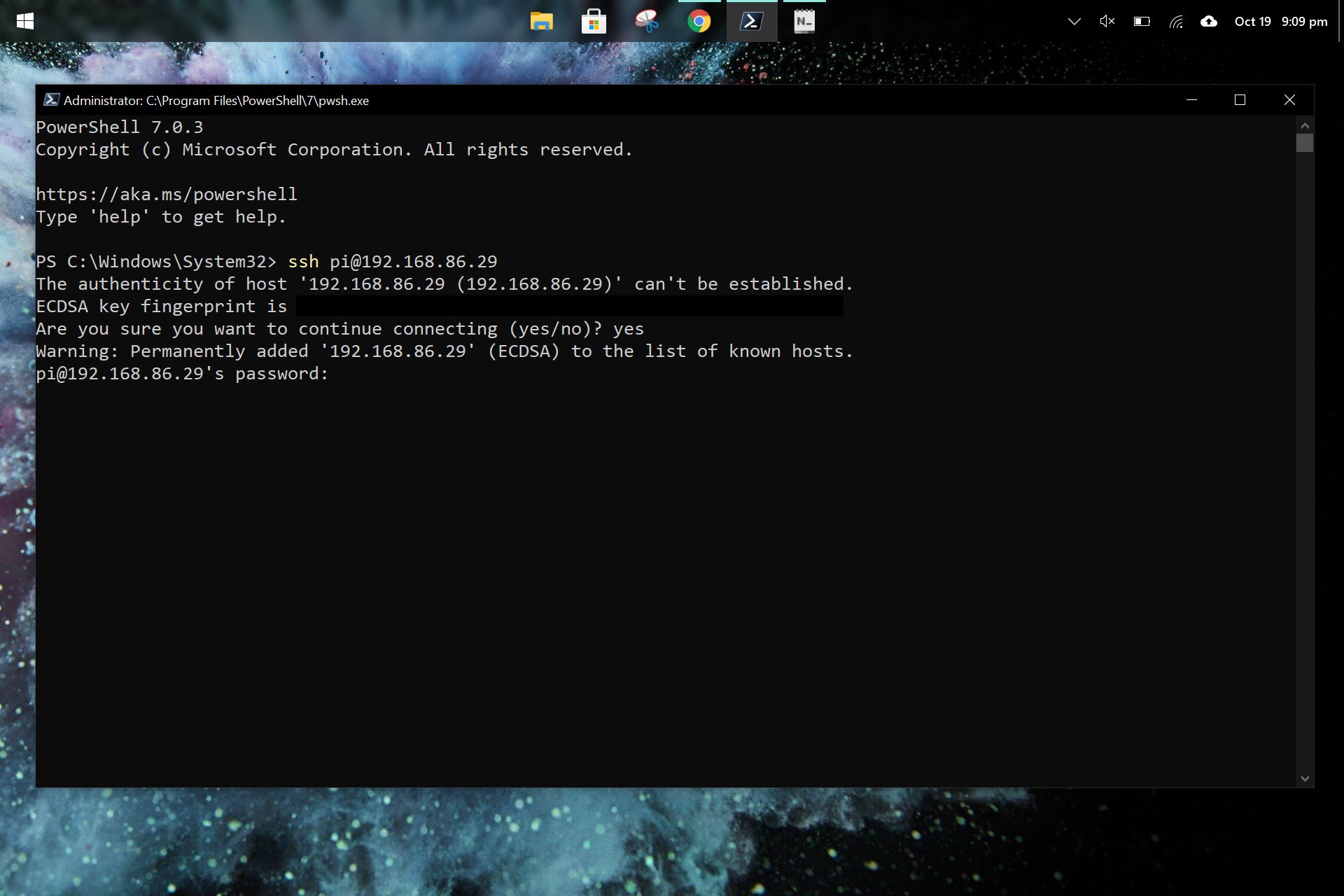Mastering RemoteIoT Web SSH On Raspberry Pi: Free Download And Setup Guide
Let’s face it, friends—working remotely has become the new normal. And if you’re into tech, chances are you’ve heard of Raspberry Pi and how it can help you manage devices from anywhere in the world. But what if I told you there’s a game-changing tool called RemoteIoT Web SSH that lets you control your Raspberry Pi without breaking the bank? Yep, you heard me right—FREE DOWNLOAD! This isn’t just some fancy buzzword; it’s a legit solution for hackers, makers, and tech enthusiasts alike.
Now, before we dive deep into the nitty-gritty of RemoteIoT Web SSH and Raspberry Pi, let’s talk about why this setup is such a big deal. Imagine being able to access your Pi from anywhere in the world using just a web browser. No complicated configurations, no expensive services, just pure simplicity. Whether you’re a seasoned pro or a total noob, this guide will walk you through everything you need to know.
So, buckle up because we’re about to take a deep dive into the world of remote computing. From understanding what RemoteIoT Web SSH is to setting it up on your Raspberry Pi, we’ve got you covered. And trust me, by the end of this article, you’ll be ready to conquer the digital frontier like a true tech wizard. Let’s get started!
- Movierulz Movierulz The Ultimate Guide To Understanding The Controversial Streaming Hub
- Movierulz 2025 31053148311231493122314731053149 The Ultimate Guide For Movie Enthusiasts
Table of Contents
- What is RemoteIoT Web SSH?
- Raspberry Pi Basics
- Why Use RemoteIoT Web SSH?
- Setup Guide for Raspberry Pi
- Free Download Options
- Security Tips for Remote Access
- Common Issues and Solutions
- Performance Tweaks for Raspberry Pi
- Real-World Use Cases
- Conclusion
What is RemoteIoT Web SSH?
Alright, so what exactly is RemoteIoT Web SSH? Think of it as a bridge that connects your Raspberry Pi to the outside world. It allows you to access your Pi’s terminal via a web browser, meaning you don’t need any fancy software or SSH clients to get the job done. All you need is an internet connection and a compatible device.
RemoteIoT Web SSH is designed to be lightweight, secure, and easy to set up. Unlike other solutions that require monthly subscriptions or complex configurations, this one’s as straightforward as it gets. Plus, the fact that it’s free makes it an absolute no-brainer for hobbyists and professionals alike.
Key Features of RemoteIoT Web SSH
Here’s a quick rundown of what makes RemoteIoT Web SSH so awesome:
- Nicole Threatt The Rising Star In The Entertainment World
- Movie Rulez Com 2025 Telugu Your Ultimate Guide To Telugu Movies
- Web-based SSH access
- Zero-installation required
- Supports all major browsers
- Highly secure with encryption
- Compatible with Raspberry Pi models
Now that we’ve got the basics down, let’s talk about the star of the show—Raspberry Pi.
Raspberry Pi Basics
Raspberry Pi is more than just a tiny computer—it’s a game-changer for tech enthusiasts around the globe. This little device packs a punch, offering a powerful platform for everything from home automation to machine learning projects. And the best part? It’s super affordable!
There are several models of Raspberry Pi available, each with its own set of features and capabilities. The most popular ones include:
- Raspberry Pi 4 Model B
- Raspberry Pi 3 Model B+
- Raspberry Pi Zero W
For our purposes, any model that supports SSH will work just fine. But keep in mind that performance may vary depending on the hardware specs of your Pi.
Why Raspberry Pi?
Here’s why Raspberry Pi is the perfect companion for RemoteIoT Web SSH:
- Low power consumption
- Compact size
- Extensive community support
- Highly customizable
With Raspberry Pi, the possibilities are endless. Whether you’re building a smart home system or running a web server, this little device can handle it all.
Why Use RemoteIoT Web SSH?
Let’s be real—setting up remote access for your Raspberry Pi can be a pain. Traditional methods often involve complex configurations, port forwarding, and a ton of technical jargon. But with RemoteIoT Web SSH, things get a whole lot simpler.
Here are some reasons why you should consider using RemoteIoT Web SSH:
- Easy to set up
- No need for additional software
- Secure and reliable
- Free to use
- Works with all Raspberry Pi models
Whether you’re a tech-savvy pro or a complete beginner, RemoteIoT Web SSH offers a seamless way to access your Raspberry Pi from anywhere in the world.
Setup Guide for Raspberry Pi
Ready to get started? Here’s a step-by-step guide to setting up RemoteIoT Web SSH on your Raspberry Pi:
Step 1: Install Raspberry Pi OS
First things first, you’ll need to install Raspberry Pi OS on your device. You can download the latest version from the official Raspberry Pi website. Once you’ve got the image file, use a tool like BalenaEtcher to flash it onto an SD card.
Step 2: Enable SSH
SSH is disabled by default on Raspberry Pi OS, so you’ll need to enable it. You can do this by creating an empty file called "ssh" in the boot partition of your SD card. That’s it—no fancy commands required!
Step 3: Install RemoteIoT Web SSH
Now comes the fun part—installing RemoteIoT Web SSH. You can download the latest version from the official GitHub repository. Once you’ve got the files, transfer them to your Raspberry Pi using SCP or a USB drive.
Step 4: Configure and Test
With everything installed, it’s time to configure RemoteIoT Web SSH. Follow the instructions in the README file to set up your server. Once you’re done, open a web browser and enter your Pi’s IP address followed by the port number (e.g., http://192.168.1.100:8080). If everything’s set up correctly, you should see the SSH terminal in your browser.
Free Download Options
One of the coolest things about RemoteIoT Web SSH is that it’s completely free to download and use. You can grab the latest version from the official GitHub repository or other trusted sources. Just make sure you’re downloading from a reputable site to avoid any security risks.
Where to Download?
- GitHub Repository
- Official Raspberry Pi Forums
- Trusted Tech Blogs
Always double-check the source before downloading any software. Security is key, especially when dealing with remote access tools.
Security Tips for Remote Access
While RemoteIoT Web SSH is secure by default, there are a few extra steps you can take to protect your Raspberry Pi from unauthorized access:
- Use strong, unique passwords
- Enable two-factor authentication (if supported)
- Restrict access to specific IP addresses
- Keep your software up to date
By following these simple tips, you can ensure that your Raspberry Pi remains safe and secure even when accessed remotely.
Common Issues and Solutions
Even the best tools can have hiccups now and then. Here are some common issues you might encounter with RemoteIoT Web SSH and how to fix them:
Issue 1: Unable to Connect
Solution: Double-check your Pi’s IP address and ensure that SSH is enabled. Also, make sure that your firewall isn’t blocking the necessary ports.
Issue 2: Slow Performance
Solution: Try optimizing your network settings or using a wired connection instead of Wi-Fi for better performance.
Performance Tweaks for Raspberry Pi
Want to get the most out of your Raspberry Pi? Here are a few tweaks you can try:
- Overclock your Pi for better performance
- Use a fast SD card for storage
- Disable unnecessary services
- Optimize your SSH settings
With a few simple adjustments, you can significantly improve the performance of your Raspberry Pi.
Real-World Use Cases
So, what can you actually do with RemoteIoT Web SSH and Raspberry Pi? Here are a few real-world use cases:
- Remote server management
- Home automation systems
- IoT device control
- Web development testing
The possibilities are truly endless. Whether you’re a tech enthusiast or a professional developer, this setup has something to offer for everyone.
Conclusion
There you have it, folks—a comprehensive guide to mastering RemoteIoT Web SSH on Raspberry Pi. From understanding what it is to setting it up and troubleshooting common issues, we’ve covered everything you need to know. And the best part? It’s completely free!
So, what are you waiting for? Head over to the official GitHub repository, download the latest version, and start exploring the world of remote computing. Don’t forget to leave a comment below and share your experiences with the community. Happy hacking!



Detail Author:
- Name : Virginia Murazik
- Username : jhermann
- Email : vita51@gmail.com
- Birthdate : 1993-12-04
- Address : 9679 Bailey Park Apt. 386 Niatown, PA 45906-3543
- Phone : +1 (646) 932-7405
- Company : McClure, Conroy and Beier
- Job : Signal Repairer OR Track Switch Repairer
- Bio : Quo et labore asperiores natus nisi fuga quos. Et provident mollitia dolores reprehenderit iste est ut minus. Eius ea placeat et aut fuga reprehenderit.
Socials
linkedin:
- url : https://linkedin.com/in/zakary.klocko
- username : zakary.klocko
- bio : Nihil amet iure nesciunt quia alias.
- followers : 672
- following : 1559
instagram:
- url : https://instagram.com/klocko1983
- username : klocko1983
- bio : Nemo autem quibusdam eaque deleniti ad non et. In illum laboriosam quia vel.
- followers : 2604
- following : 2330
facebook:
- url : https://facebook.com/zakary9197
- username : zakary9197
- bio : Sint ratione et dolore vel.
- followers : 556
- following : 2608
tiktok:
- url : https://tiktok.com/@zakary9761
- username : zakary9761
- bio : Quod nam sed maxime sunt adipisci et odit. Rerum quos sapiente ut voluptas.
- followers : 5809
- following : 2354
twitter:
- url : https://twitter.com/zakary_real
- username : zakary_real
- bio : Iste placeat et numquam nemo veritatis. Voluptas explicabo delectus numquam laborum. Ut delectus excepturi quae voluptatem sit.
- followers : 2289
- following : 1982